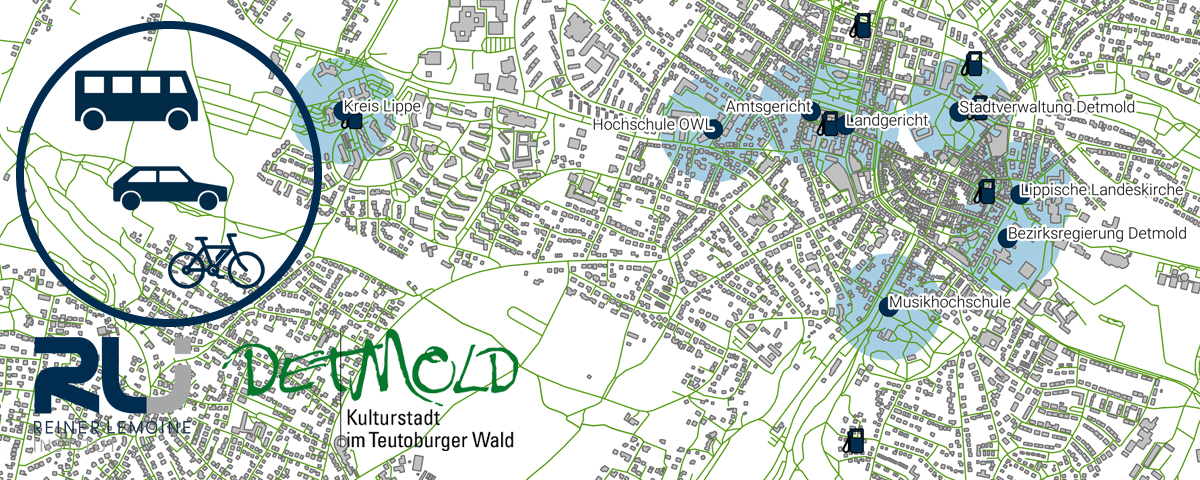
Municipal E-mobility Scheme for Detmold
8. November 2017
Strommarkttreffen “Weather Data”
17. November 2017StEmp-Tools for greater participation in the Energy Transition

November 3rd 2017 – How can we make the discourse surrounding the Energy Transition accessible for those involved who are not experts on the subject? The topic is complex, and many decisions in regard to grid expansion or the use of storage and power plants can only be made with the aid of computational models. At the same time, laypersons are also affected by the results of these decisions. Thus, how can we bridge the knowledge gap between energy experts and other stakeholders in the Energy Transition?
At RLI, the Kopernikus Project ENavi explores this issue by developing so-called stakeholder empowerment (StEmp)-Tools. StEmp-Tools are simulation-based web-application programs that are available to all those involved, and which create transparency in the decision-making processes. At the workshop “Deconstructing Participatory Climate Governance: Innovation or Business as Usual?” on October 27th 2017 at the Science Po in Bordeaux, Berit Müller, Head of the research field Transformation of Energy Systems at RLI, presented initial research results and the project approach.
The idea is that the knowledge gap will be reduced through the use of digital tools, thus causing “empowerment of the stakeholders,” Berit explains. “It’s extremely important to involve all parties that are affected by the Energy Transitions in the decision-making processes. On the one hand, this is essential because it is the only way to ensure that a comprehensive overview of existing knowledge and potential challenges can be gathered. On the other hand, it is important because the decision must be understood especially by those who will implement it. The Energy Transition is a process that requires the cooperation of a great number of participants, and this can be aided by StEmp-Tools”.
At the workshop, twenty international researchers presented and discussed their work regarding the meaning of democratic participation processes within the topic of climate change. In addition to the European perspective, research projects on participation in authoritarian regimes were also introduced. RLI submitted a joint paper within the scope of work on the Kopernikus Project ENavi by Berit Müller, Judith Fiukowski, and Elisa Gaudchau entitled ”Stakeholder empowerment in participatory processes of the energy transition – an evaluation of impacts of simulation tools”. The workshop was funded by the EU program for the coordination of national research activities, European Cooperation in Science and Technology (COST), and organized by the COST-Network INOGOV.
© Image: RLI, illustration: Juliane Pieper




